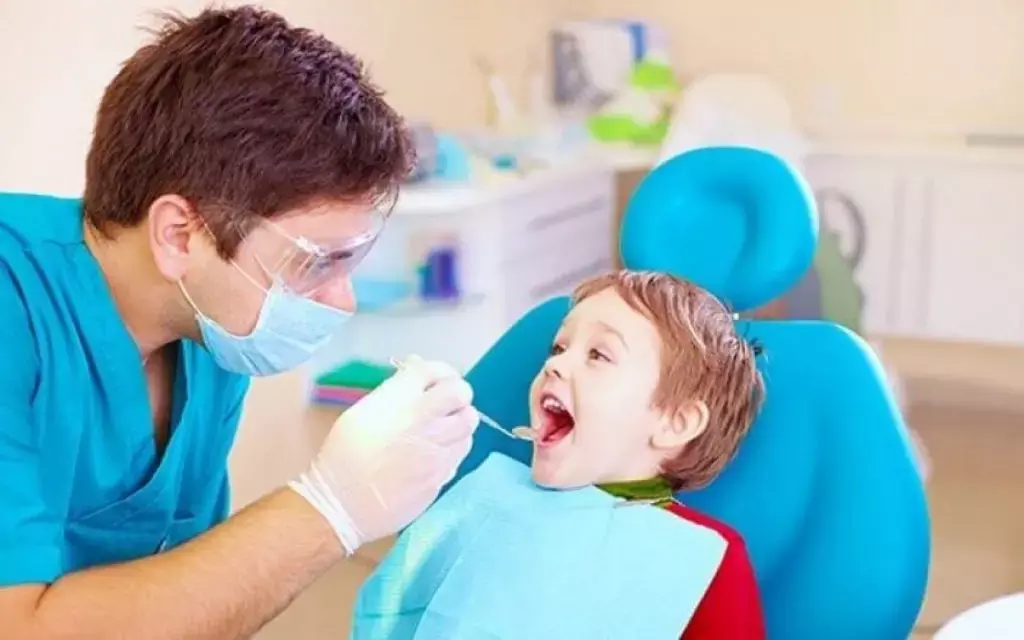- Home
- Medical news & Guidelines
- Anesthesiology
- Cardiology and CTVS
- Critical Care
- Dentistry
- Dermatology
- Diabetes and Endocrinology
- ENT
- Gastroenterology
- Medicine
- Nephrology
- Neurology
- Obstretics-Gynaecology
- Oncology
- Ophthalmology
- Orthopaedics
- Pediatrics-Neonatology
- Psychiatry
- Pulmonology
- Radiology
- Surgery
- Urology
- Laboratory Medicine
- Diet
- Nursing
- Paramedical
- Physiotherapy
- Health news
- Fact Check
- Bone Health Fact Check
- Brain Health Fact Check
- Cancer Related Fact Check
- Child Care Fact Check
- Dental and oral health fact check
- Diabetes and metabolic health fact check
- Diet and Nutrition Fact Check
- Eye and ENT Care Fact Check
- Fitness fact check
- Gut health fact check
- Heart health fact check
- Kidney health fact check
- Medical education fact check
- Men's health fact check
- Respiratory fact check
- Skin and hair care fact check
- Vaccine and Immunization fact check
- Women's health fact check
- AYUSH
- State News
- Andaman and Nicobar Islands
- Andhra Pradesh
- Arunachal Pradesh
- Assam
- Bihar
- Chandigarh
- Chattisgarh
- Dadra and Nagar Haveli
- Daman and Diu
- Delhi
- Goa
- Gujarat
- Haryana
- Himachal Pradesh
- Jammu & Kashmir
- Jharkhand
- Karnataka
- Kerala
- Ladakh
- Lakshadweep
- Madhya Pradesh
- Maharashtra
- Manipur
- Meghalaya
- Mizoram
- Nagaland
- Odisha
- Puducherry
- Punjab
- Rajasthan
- Sikkim
- Tamil Nadu
- Telangana
- Tripura
- Uttar Pradesh
- Uttrakhand
- West Bengal
- Medical Education
- Industry
Children with Down syndrome have dysbiosis in the salivary microbiome: study

Children with Down syndrome have dysbiosis in the salivary microbiome according to a recent study published in the BMC Oral Health
Down syndrome (DS), a most frequently occurring genetic disorder, is associated with oral morphological abnormalities and higher incidence rates of oral diseases. Recent studies have analyzed the oral microbiome to elucidate their relationships with oral diseases and general health; however, reports on the oral microbiome in individuals with DS are scarce. This study aimed to characterize the oral microbiome in children with Down syndrome.
A total of 54 children aged 1–13 years were enrolled in this case-control study. Of these children, 27 had DS (Case: DS group) and 27 were age-matched healthy children (Control: ND group). Saliva in the oral cavity was collected with a swab, cultured, and tested for cariogenic and periodontopathic bacteria by quantitative polymerase chain reaction (qPCR) detection, and the salivary microbiome was analyzed using next-generation sequencing. The student's t-test, Fisher's exact test, Mann–Whitney U test, and permutational multivariate analysis of variance were used for statistical analysis.
The Results:
- Results of culture and qPCR detection tests for cariogenic and periodontopathic bacteria showed no significant differences in the detected bacteria between the Down syndrome and ND groups, with the exception of a significantly higher detection rate of Candida albicans in children with Down syndrome with mixed dentition.
- A comparison of the salivary microbiomes by 16S sequencing showed no significant difference in α diversity; however, it showed a significant difference in β diversity.
- Children with Down syndrome had a higher relative abundance of Corynebacterium and Cardiobacterium, and lower relative abundance of TM7.
Thus, this study provided basic data on the salivary microbiome of children with Down syndrome and showed the microbiological markers peculiar to children with Down syndrome. However, further research to identify the relationship with oral diseases is warranted.
Reference:
Morishima, S., Takeda, K., Greenan, S. et al. Salivary microbiome in children with Down syndrome: a case-control study. BMC Oral Health 22, 438 (2022). https://doi.org/10.1186/s12903-022-02480-z
Keywords:
Morishima, S., Takeda, K., Greenan, S, Salivary, microbiome, children, Down syndrome, case-control study, BMC Oral Health, Saliva, Microbiota, Children
Dr. Shravani Dali has completed her BDS from Pravara institute of medical sciences, loni. Following which she extensively worked in the healthcare sector for 2+ years. She has been actively involved in writing blogs in field of health and wellness. Currently she is pursuing her Masters of public health-health administration from Tata institute of social sciences. She can be contacted at editorial@medicaldialogues.in.
Dr Kamal Kant Kohli-MBBS, DTCD- a chest specialist with more than 30 years of practice and a flair for writing clinical articles, Dr Kamal Kant Kohli joined Medical Dialogues as a Chief Editor of Medical News. Besides writing articles, as an editor, he proofreads and verifies all the medical content published on Medical Dialogues including those coming from journals, studies,medical conferences,guidelines etc. Email: drkohli@medicaldialogues.in. Contact no. 011-43720751


